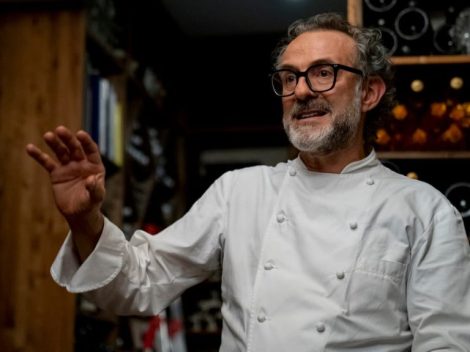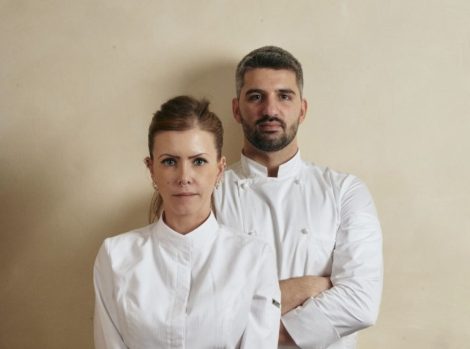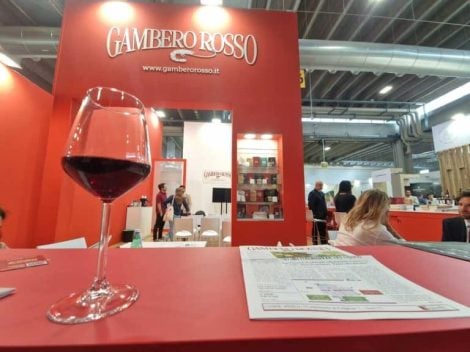Why is World Environment Day celebrated?
It was 1972 when the Conference dedicated to eco-sustainable issues was held in Stockholm from June5-16, and which gave rise to the United Nations Environment Program, developed by over 100 countries, including Italy. To this day, World Environment Day is celebrated on 5 June, to remember the importance of the actions of governments but also of individuals. This year the day is dedicated to the "Restoration of Ecosystems." Today, June 5th, 2021 officially launches the United Nations Decade for Ecosystem Restoration, with the aim of reversing the damage inflicted on territories and restoring the natural balance that's increasingly put to the test by the climate crisis, a serious problem that in the last year was (understandably) neglected in favour of the health crisis.
How to reduce environmental impact in the kitchen
There's tons of alarming data on climate change. What we need to understand now is how much small actions can affect the ecosystem: governments have to act upon and make clear-cut choices. Every small step can help set a good example and thus generate the necessary change. Starting in the kitchen, at home or in the restaurant, from simple daily actions that probably won't save the world, but which can push others to do the same, increasing the general demand for more sustainable products and ecological systems. Furthermore, giving a voice to the voiceless (a necessary premise to keep in mind: eating well, giving up certain foods, buying a sustainable product, shopping in bulk––in short, having the opportunity to choose is a privilege ).
So what can be done to reduce one's environmental impact at the table? Here are 5 (plus 1) good actions to adopt
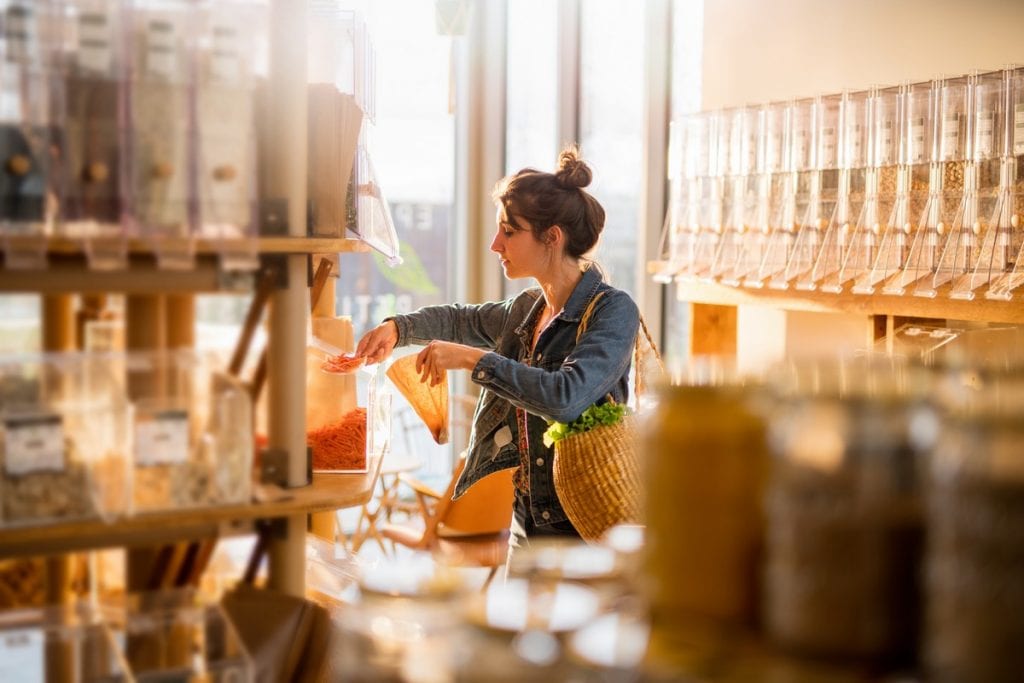
Shopping in bulk
The benefits of shopping in bulk are many. Of course, not everyone is lucky enough to have a similar shop close to home (tip: browse farmers' market stalls and old-school shops, which often sell unpackaged goods), but it can be useful to stock up on dry goods from time to time. Pasta and grains, for example, legumes, flours, yeast and cocoa: in short, all those pantry items that have a long shelf life, to be purchased in large quantities and always kept at hand.
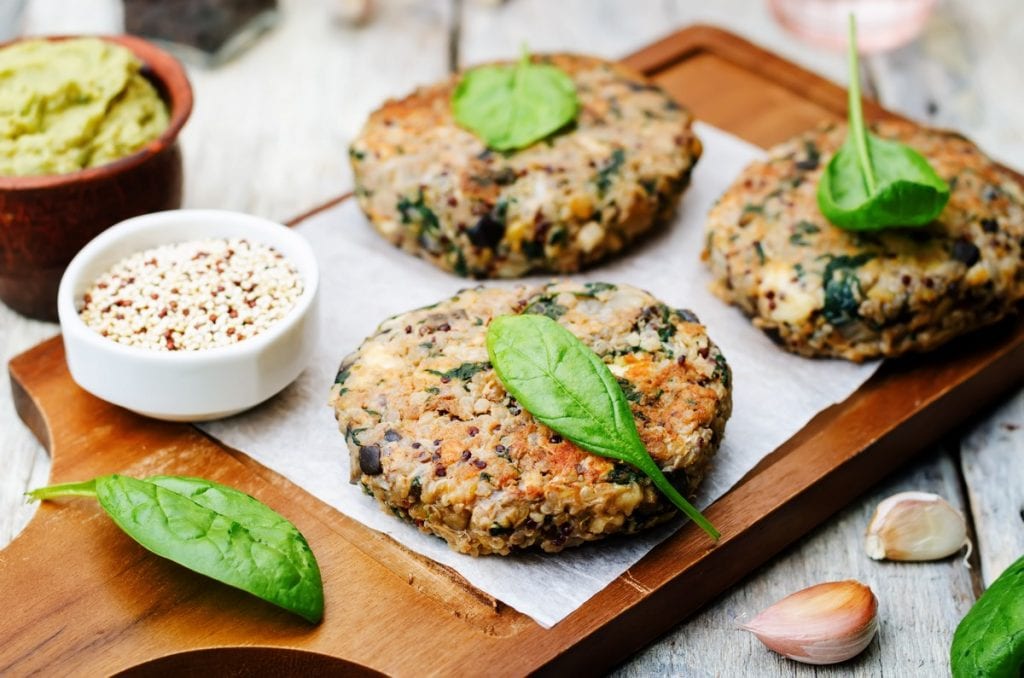
Eliminate (or at least reduce) consumption of meat
If books like Foer's best-seller––We can save the world, before dinner ––weren't enough to convince you, here is a concise, clear and simple explanation: the massive consumption of meat, with consequent CO2 emissions deriving from intensive farming, is one of the major causes of climate change (according to the UN, the meat industry generates 18% of all global greenhouse gas emissions). Today we are in an era where artificial meat is booming, but in addition to substitutes there are many "classic" alternatives, valid and tasty: starting with classic legumes, with which to craft burgers patties and vegetable-based meatballs. Also grains and cereals, but also quinoa, vegetables (especially leafy greens that are rich in iron) or mushrooms.
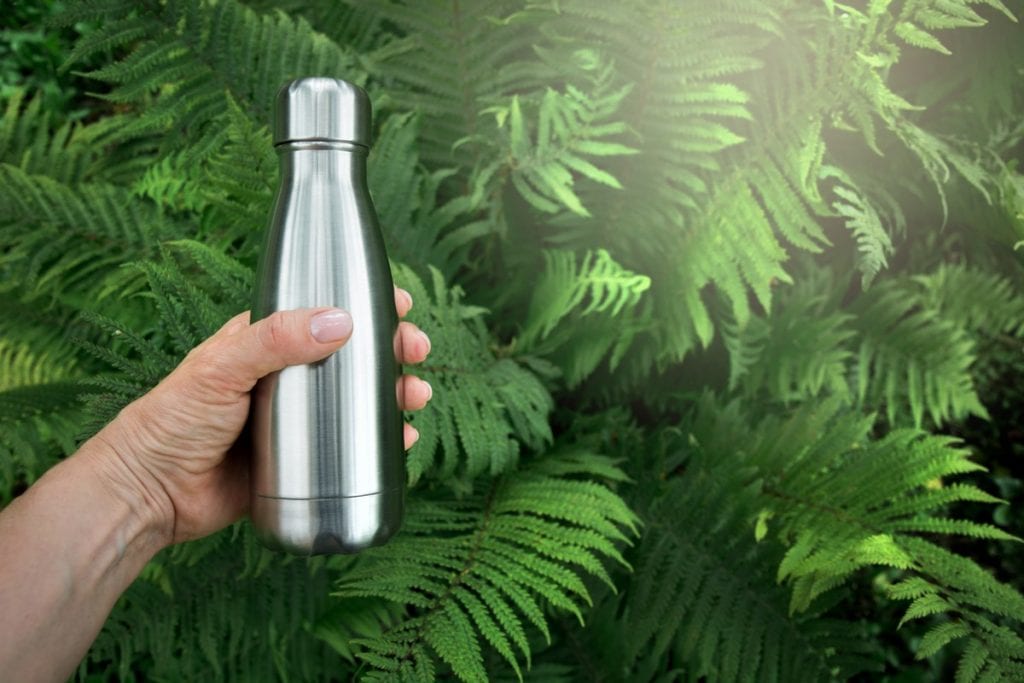
Use a refillable bottle
It's now been a trendy item for a couple of years, which fortunately isn't going out of fashion: the refillable water bottle is one of the simplest steps to take when approaching a more sustainable lifestyle. In addition to being eco-friendly, reusable bottles - preferably in stainless steel - are also much more convenient than plastic ones, because they can keep the water cold for longer (a godsend on hot summer days!).
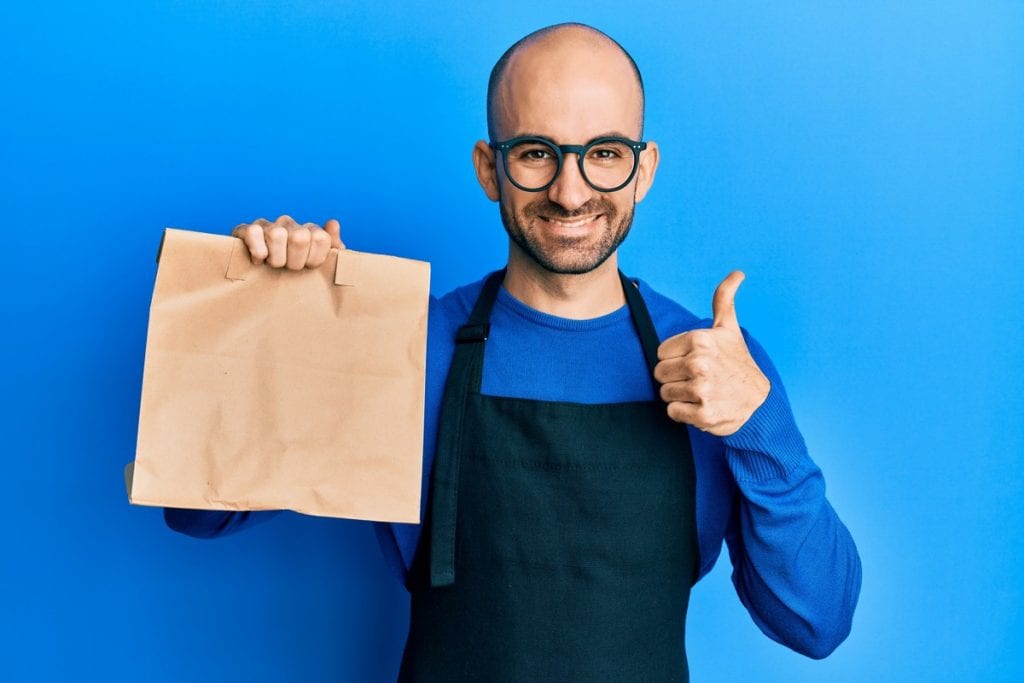
Ask for a doggy bag at the restaurant
Italians tend to linger in front of an unfinished dish before asking the waiter for the "embarrassing" doggy bag. So much so that, in most cases, Italians will finish the food in their plate in order not to feel uncomfortable asking. It's time to come to terms with reality: there is nothing to be ashamed of in wanting to take leftovers home. On the contrary, in an age in which food waste is increasing dramatically - as well as the incorrect distribution of food resources, which divides the world into those who are hungry and those who can afford to throw away large quantities of food every year - it's good to overcome once and for all this Italian cultural limit. Did you overdo the appetizers order? Was the pizza dough heavy? Did you order dessert for pure gluttony? Wrap it and take it home: the next day you will be grateful.
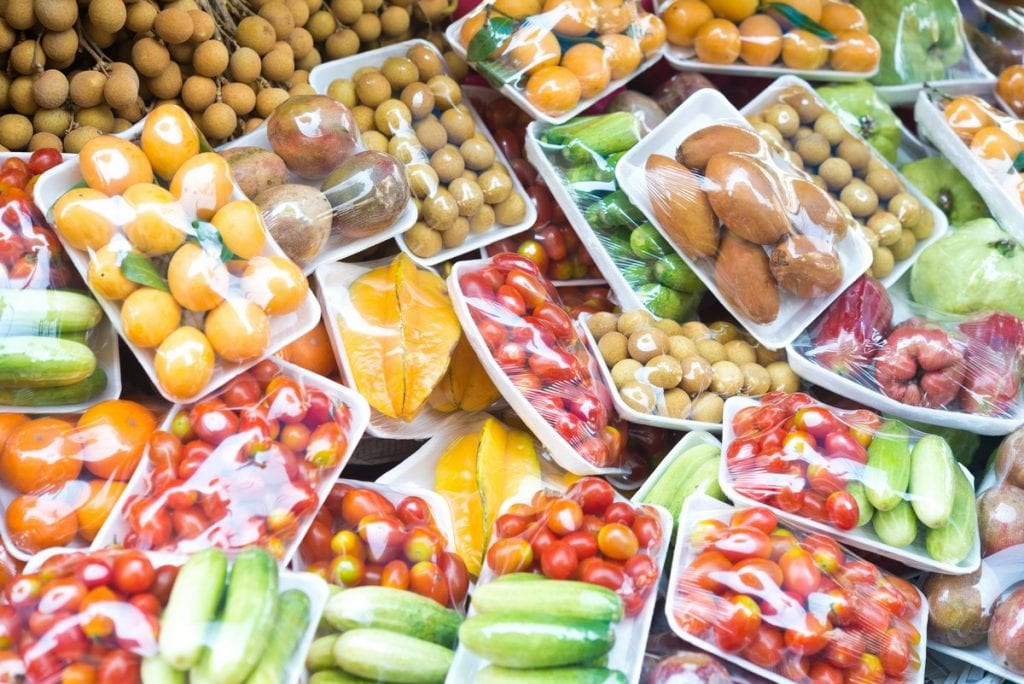
Avoid unnecessarily complex packaging
Even at the supermarket one can bring home decent food shopping, sometimes choosing the "less worse" option, other times taking advantage of more than valid products. We may not find food sold in bulk, but we can still avoid all the superfluous packaging (you may have seen, at least once, fruit already peeled and packaged. Which can certainly prove to be convenient for people with disabilities or temporarily injured, but it cannot - and it doesn't have to - be the most popular choice, made only to save a few minutes of time. Just as we can opt for local products, prefer paper to plastic, maxi formats to mini-sizes.
Lead by example, without judging
Even before buying bulk products, drinking tap water, and eating vegan recipes, it's worth remembering how much our example and our advice can in many cases inspire the people around us. In order to communicate the message well, we must also fully understand how life with a low environmental impact is actually accessible to everyone. Ability, sexism, racism and politically correct are terms with which we became more familiar with last year, following the protests of the Black Lives Matter movement organized in Los Angeles in honour of George Floyd. How do they fit into the gastronomic sector? As always, when we talk about choices, we talk about privilege, a concept that's often difficult to understand by the interested parties (we are privileged for this too...). But promoting bulk shopping, zero waste, and green food is a privilege. Living in a big city with shops that sell in bulk and packaging-free, city water taps, milk vending machines with returnable bottles is a privilege. To recognise a privileged position, just ask yourself a simple question: how wide is my choice? The greater the choice, the greater the privilege.
All this, in some way, also concerns sustainable nutrition. Recommend eco-organic shops, invite friends to try fair trade products, suggest the best vegan restaurants in the area: all commendable actions, but we must consider how privileged we are to be able to select. Without rhetoric or pietism, far from the slogans of the moment or the trendy topics, we need to look at others before ourselves, remember that we do not all enjoy the same fortunes, that what is superfluous for us, for others it can be not only necessary, but vital. Think for example the much hated, repudiated and banned straws, now the symbol of an environmental fight coming from good intentions, yet still enabling, marginalizing, divisive.
Much could still be written on the connection between climate and social justice, but not today. Today we celebrate the environment, damaged and in danger, to be protected, restored, especially for marginalised communities, the most affected by climate change. Together, and without rhetoric.
a cura di Michela Becchi

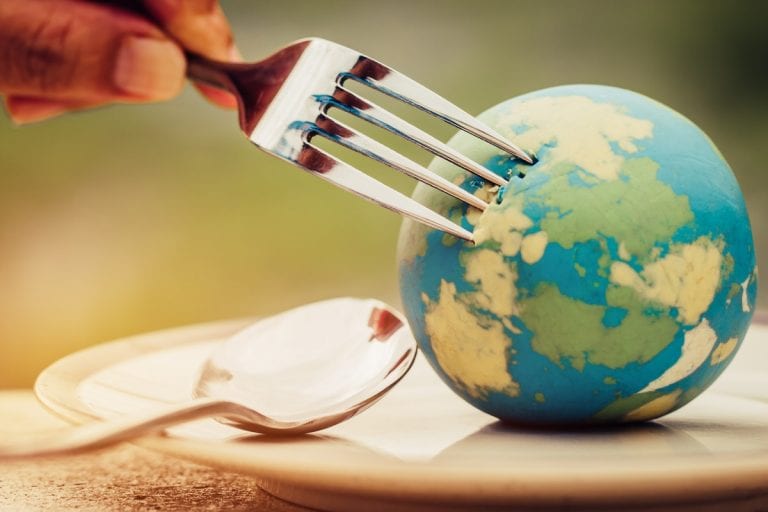
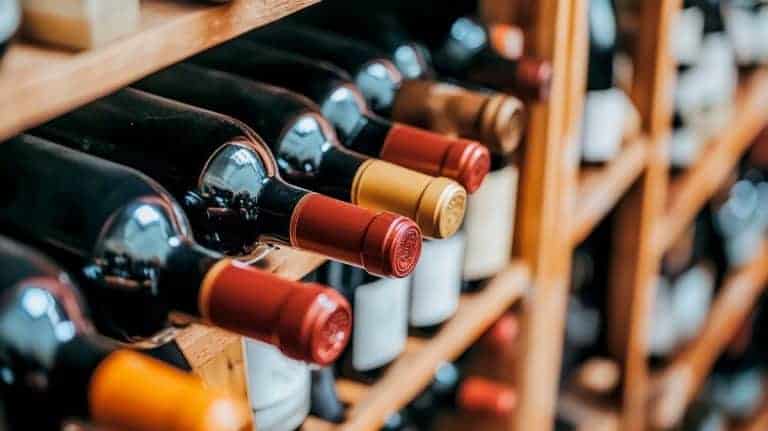 US tariffs: here are the Italian wines most at risk, from Pinot Grigio to Chianti Classico
US tariffs: here are the Italian wines most at risk, from Pinot Grigio to Chianti Classico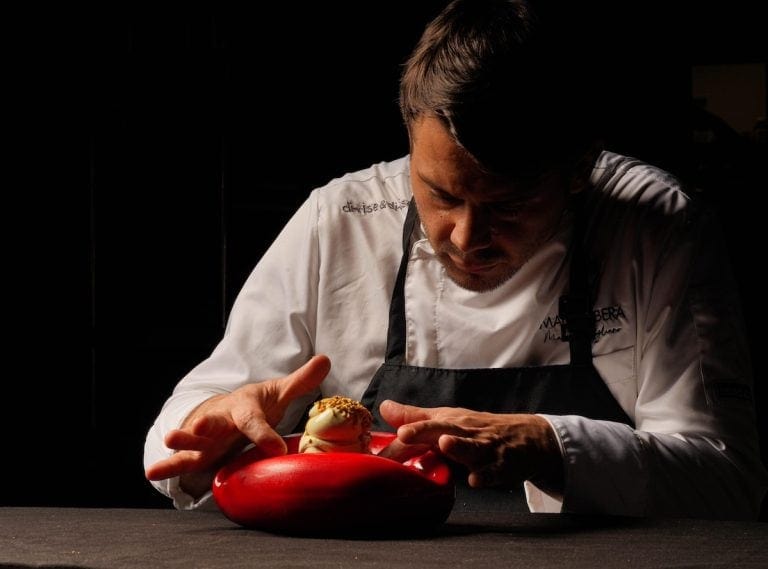 "With U.S. tariffs, buffalo mozzarella will cost almost double. We're ruined." The outburst of an Italian chef in Miami
"With U.S. tariffs, buffalo mozzarella will cost almost double. We're ruined." The outburst of an Italian chef in Miami "With US tariffs, extremely high risk for Italian wine: strike deals with buyers immediately to absorb extra costs." UIV’s proposal
"With US tariffs, extremely high risk for Italian wine: strike deals with buyers immediately to absorb extra costs." UIV’s proposal Meloni: "Tariffs? If necessary, there will be consequences. Heavy impact on agri-food sector"
Meloni: "Tariffs? If necessary, there will be consequences. Heavy impact on agri-food sector"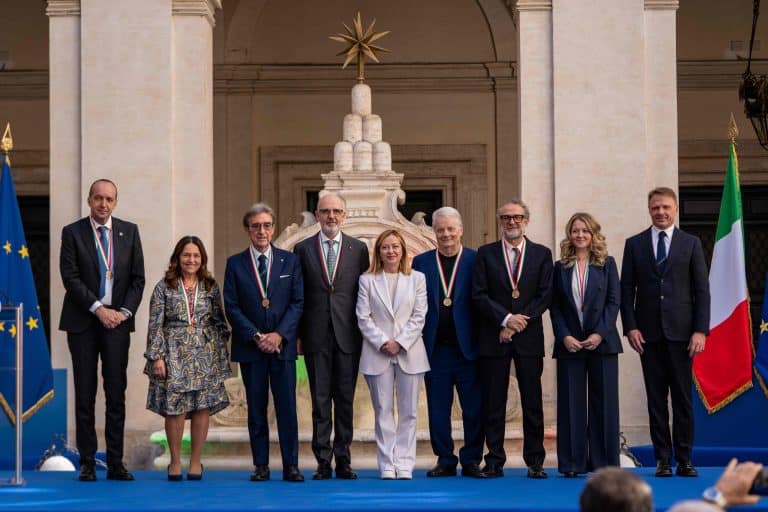 The Government honours the greats of Italian cuisine, from Bottura to Pepe. Massari: "Thank you, Meloni, the only one who listened to us"
The Government honours the greats of Italian cuisine, from Bottura to Pepe. Massari: "Thank you, Meloni, the only one who listened to us"